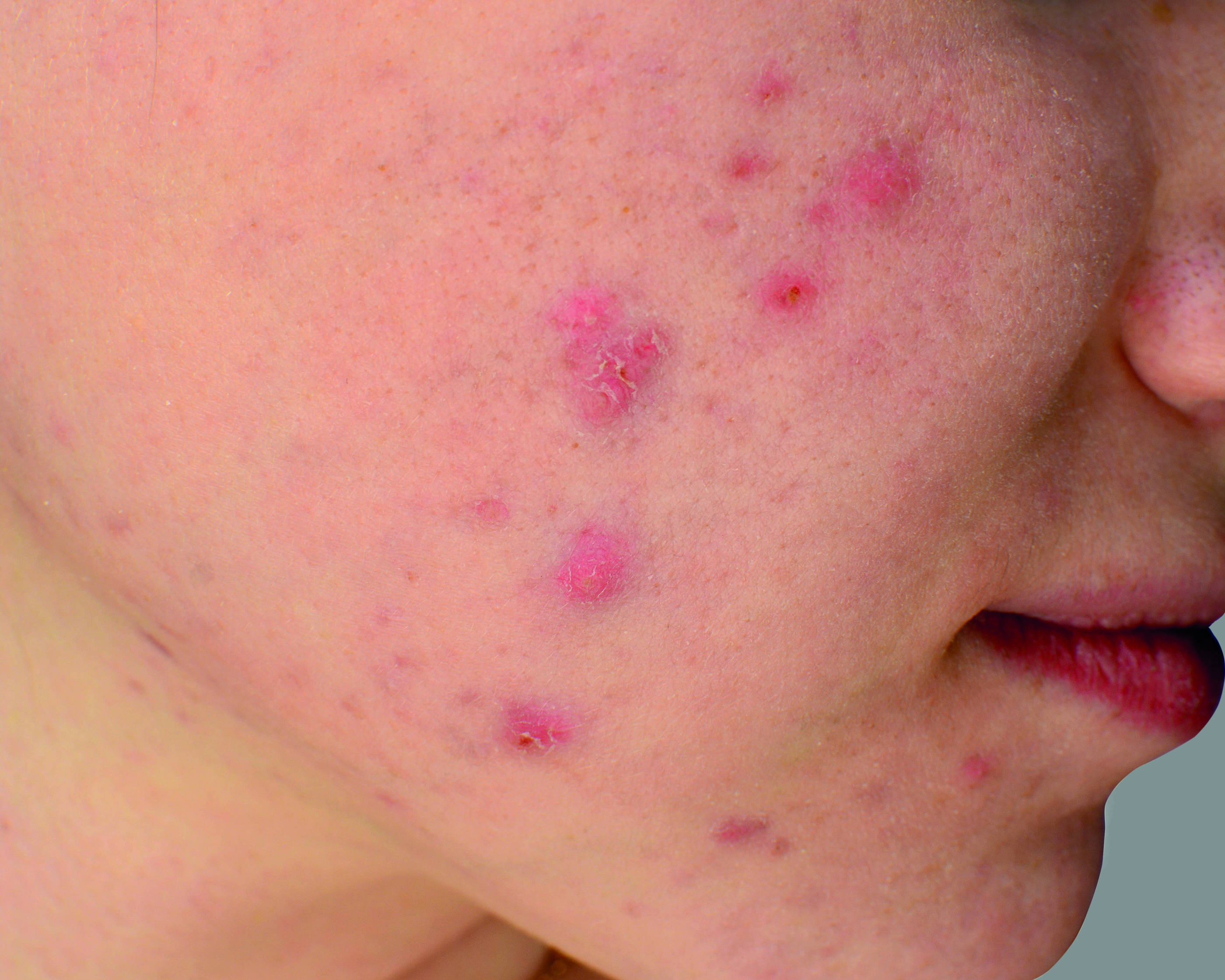The disproportionate impact of the Covid-19 pandemic on people at risk of eating disorders and the pressures of a spike in referrals and the volume of people seeking care in outpatient and acute inpatient settings, were underlined by leading consultant psychiatrists in the field at the latest Winter Conference of the College of Psychiatrists of Ireland (CPI).
The Irish experience of clinicians reporting high volumes in outpatient clinics during the pandemic has been in line with international health services. “But even with adaptations, service capacity for assessment and treatment is going to be exceeded for some time,” Consultant Child and Adolescent Psychiatrist and Clinical Lead of the HSE Child and Adolescent Regional Eating Disorder Service (CAREDS) for Cork and Kerry, Dr Sara McDevitt, told conference attendees.
“Telehealth has been suitable for some aspects of care but certainly not all. Active waiting is now an essential part of what we do. And this has had a huge strain on doctor-patient relationships,” she said during the session on ‘Eating disorder care in a changed landscape – what have we learned to guide our next steps?’ Prior to the pandemic, services were confident they could manage referral, assessment, and treatment in a timely manner.
However, timelines have worsened over the past six months. Services did not have the capacity to take on the large volumes of people immediately, she said. Dr McDevitt’s comments on the impact of Covid-19 and a large increase in the number of presentations were echoed by Consultant Liaison Psychiatrist, Dr Siobhan MacHale, Associate Clinical Professor RCSI, who outlined the impact of the pandemic on the inpatient setting of an acute hospital, Beaumont Hospital in Dublin.
Dr MacHale, presenting on eating disorder management in the general hospital, referred to a large increase in eating disorder admissions noted during 2021. The acute hospital services were not just for patients presenting with eating disorders, such as anorexia nervosa, avoidant-restrictive food intake disorder (ARFID), bulimia nervosa, binge eating disorder, but also the impact of, for example, obesity in terms of patients’ presentations and the impact of their overall health journey. Non-specified eating disorders were also seen by the service.
Each of these required a slightly different approach. But the component that brought them into an inpatient setting was where the medical consequences of their eating disorder resulted in significant malnutrition and/or metabolic disturbances.
About two-thirds of patients would have significant cardiac complications at the time of presentation to the hospital. She recommended the need to follow the MARSIPAN (Management of Really Sick Patients with Anorexia Nervosa) guidelines, which were about to be updated, originally developed by a multi-professional group working in the field due to the number of patients with anorexia nervosa who had been presenting in hospitals and dying within a number of days.
Up to 2017, she told College members, the service was seeing nine to 12 cases of anorexia nervosa per year, until 2020 when there was a significant drop to six admissions. However, this year had triggered a rapid escalation reaching 21 admissions in the first 10 months, on extrapolated data, with 24 expected during the year. She stressed the challenges for the services in the face of increased presentations including resource difficulties and the impact of Covid-19, which had reduced staff availability.
Also during the Winter Conference, results from a study by Dr Jahan Khan and colleagues at St Patrick’s Mental Health services in Dublin, “clearly indicate that the majority of patients attending the eating disorder service were negatively impacted by the pandemic,” with many reporting worsening eating disorder symptoms.
Their study, presented as part of the NCHD poster section, included all adult patients attending the eating disorder service during the year before the Covid-19 pandemic. They believed a follow-up study would be helpful to establish long-term impact.












Leave a Reply
You must be logged in to post a comment.